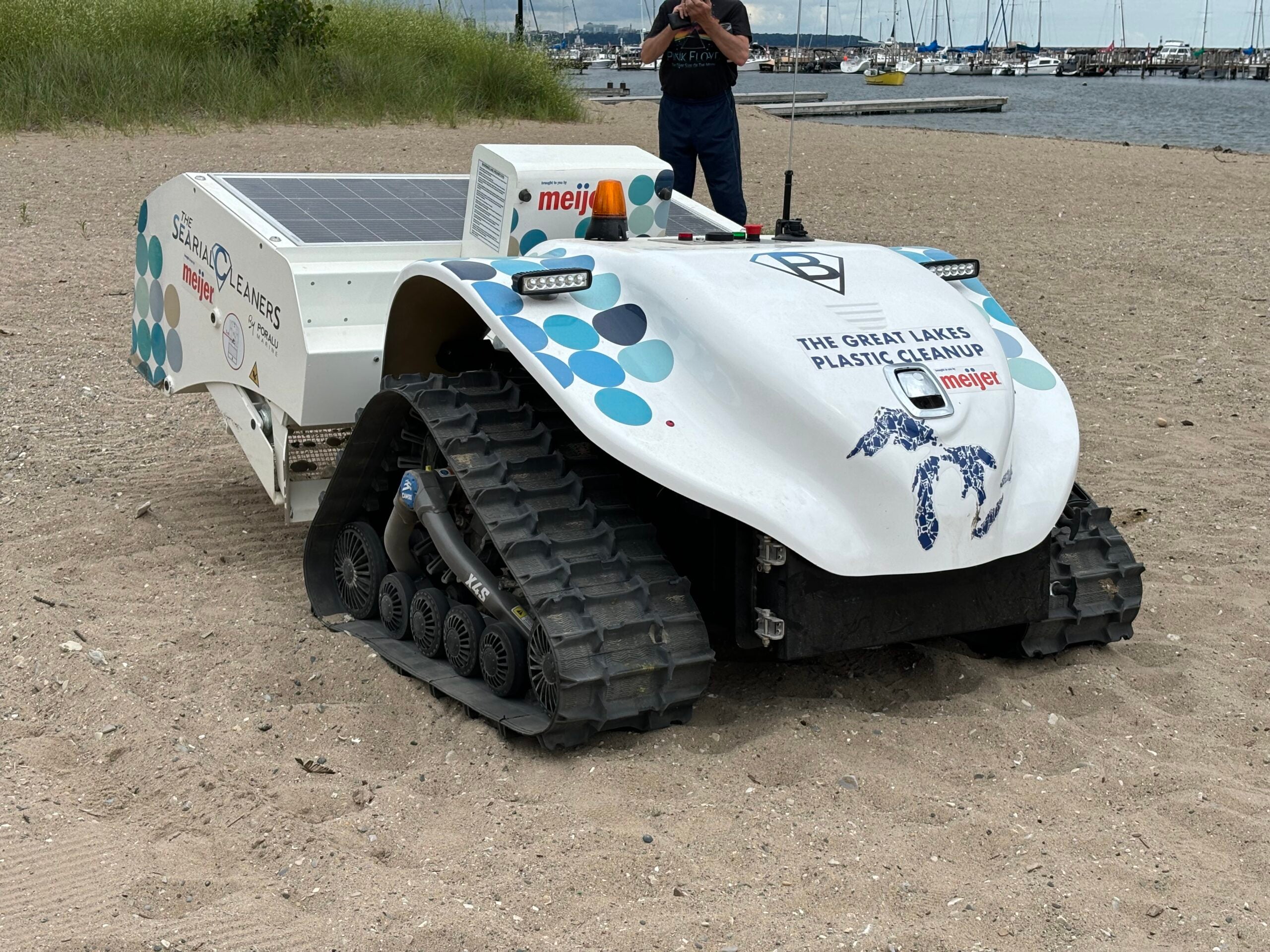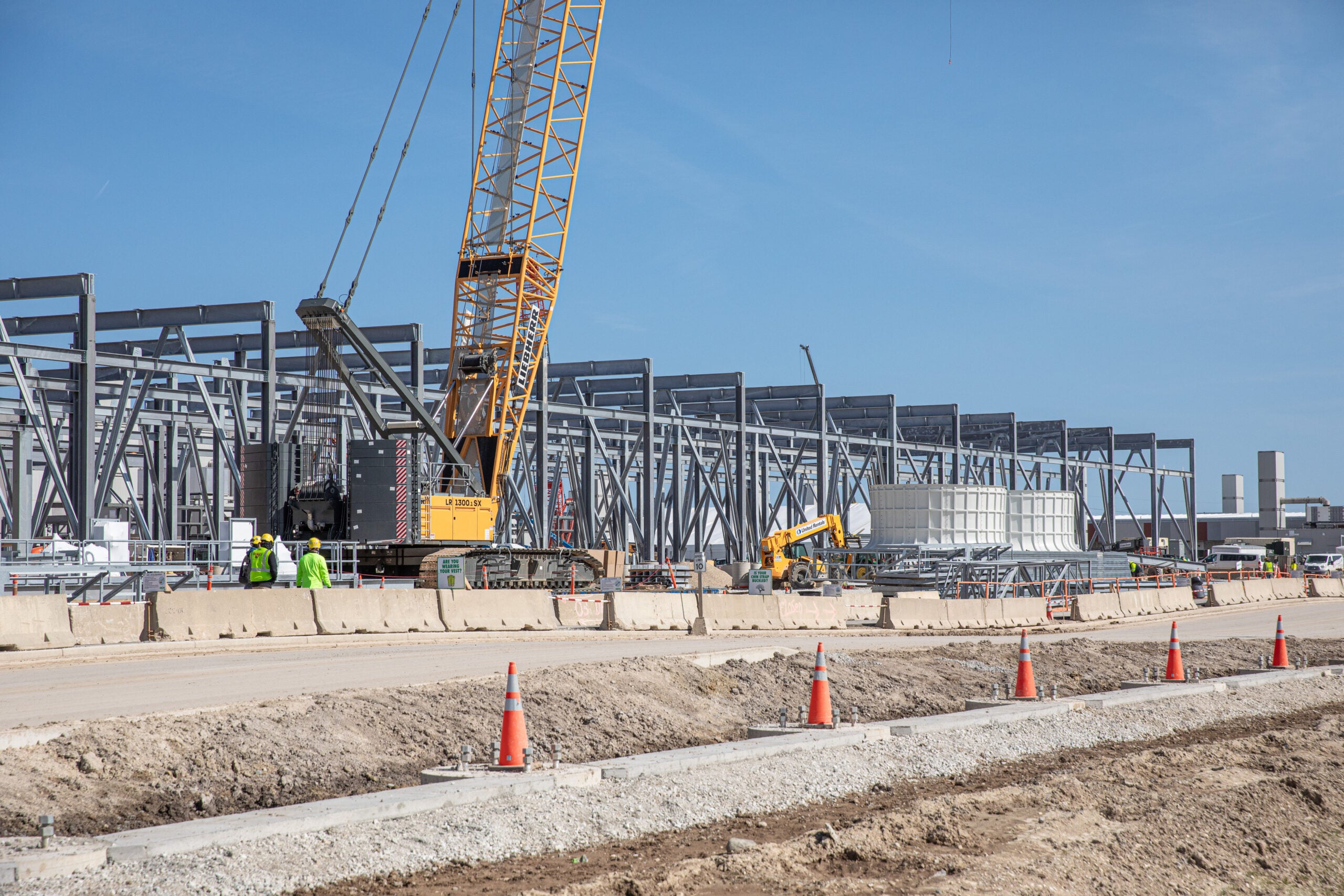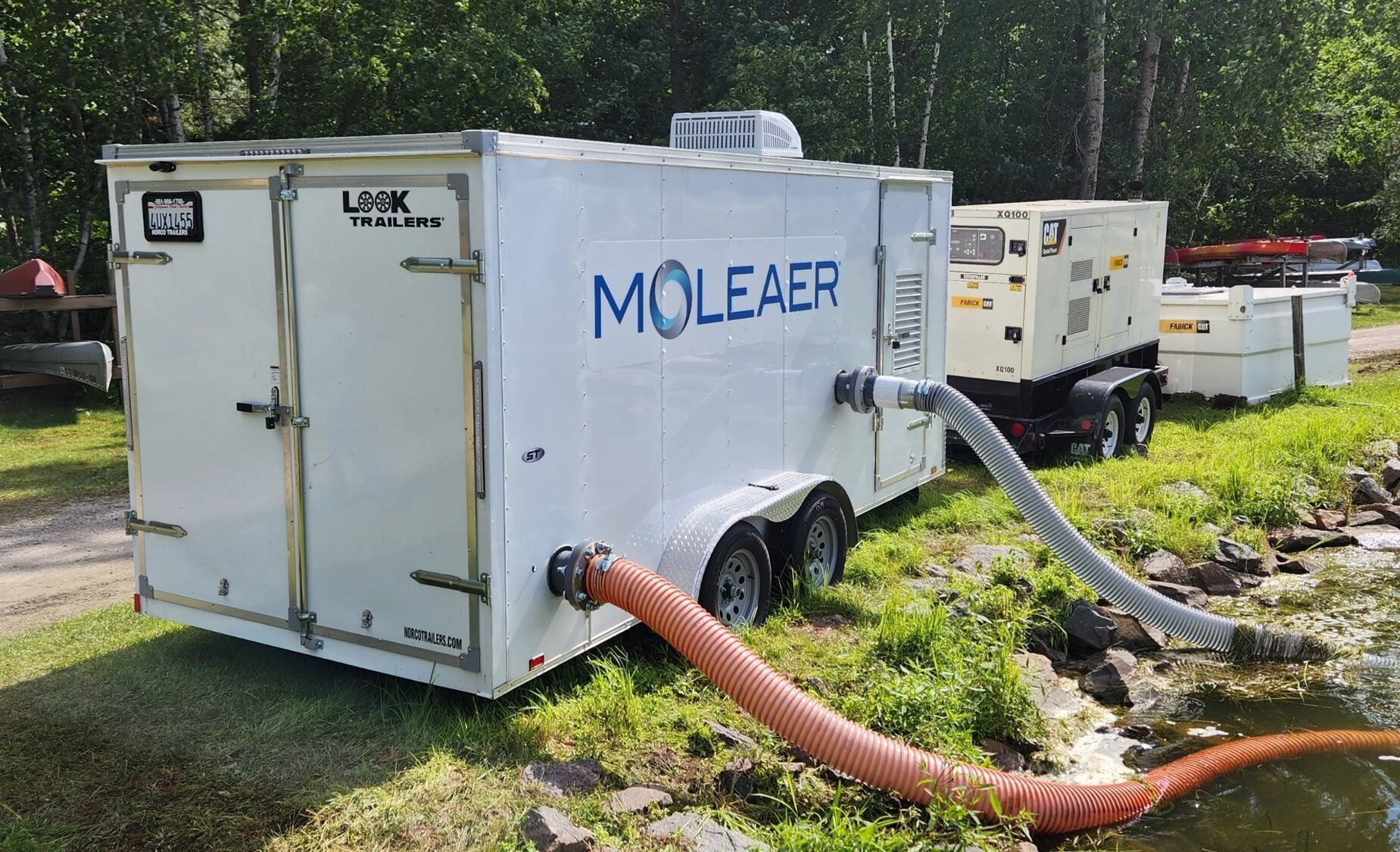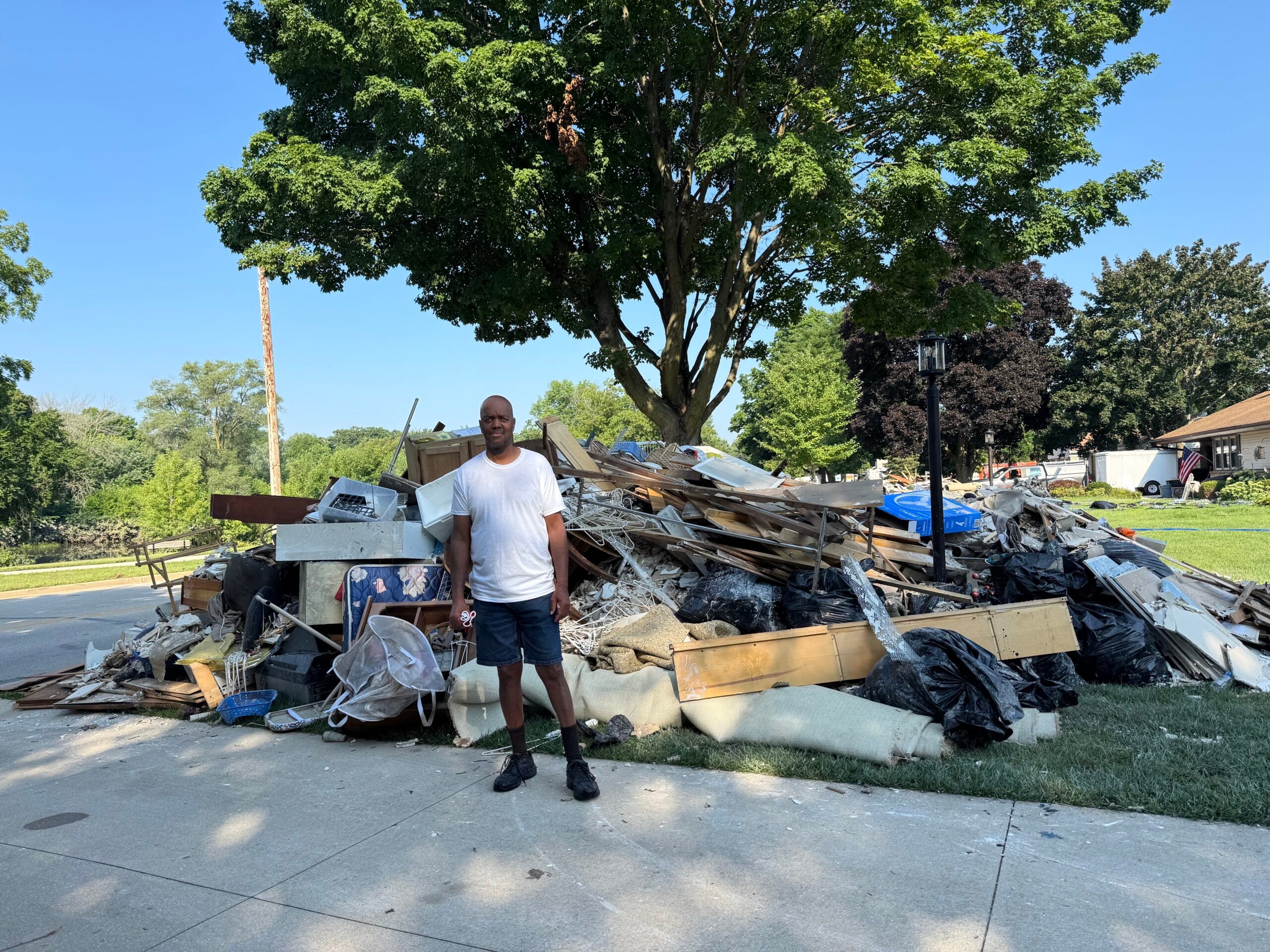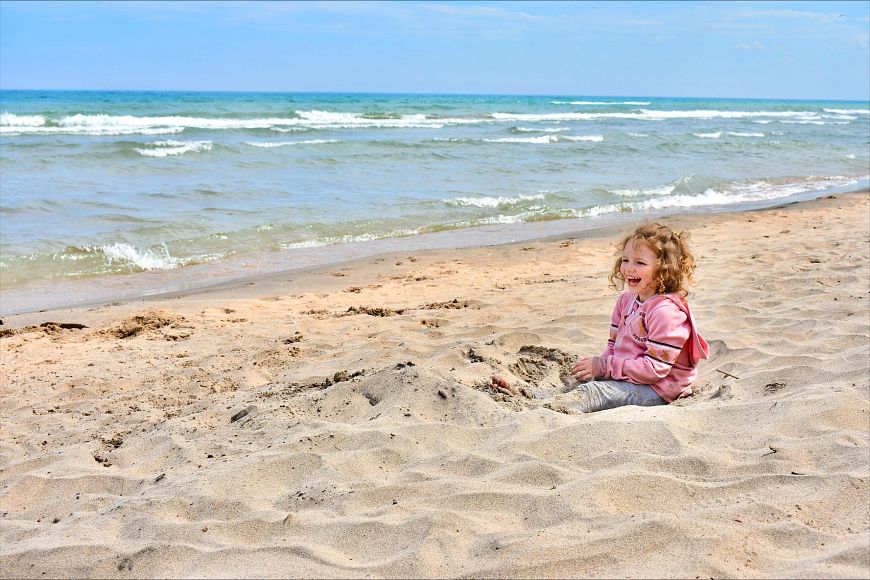New beach and water clean up technologies are being deployed in Milwaukee to try and alleviate plastic pollution.
Two remote-controlled robotic devices are cleaning up litter on beaches and in waterways. Local leaders hope the technology will help mitigate plastic pollution.
The supermarket chain Meijer, which lists environmental sustainability among its values and mission, donated $250,000 to the Council of the Great Lakes Region Foundation for the technology, which was given to Milwaukee Riverkeeper.
News with a little more humanity
WPR’s “Wisconsin Today” newsletter keeps you connected to the state you love without feeling overwhelmed. No paywall. No agenda. No corporate filter.
The agency is focused on protecting water quality and wildlife habitat in the area, and will have staff operate the machines.
Jennifer Bolger Breceda, executive director of Milwaukee Riverkeeper, said it’s time to “turn the spigot off on the waste.”
“We’ve really got to start changing the way that we live, the way that our economy exists. We have to stop plastic at its source and shift from single use to reuse. That is really the only answer here,” Bolger Breceda said.
In the meantime, the robots are doing damage control. According to Milwaukee Riverkeeper, 85 percent of the fish in the Milwaukee River contain plastic in their digestive tract and up to 90 percent of the waste removed from the Milwaukee River Basin is single use plastic.
One robot works on land, sifting sand to find small pieces of plastic volunteers might not be able to spot. The second robot works in rivers and lakes to pick up litter floating on the surface of the water. The drones will be deployed weekly on either a local beach or river, weather dependent.
Chris Giddens, water quality assistant at Milwaukee Riverkeeper, has been operating the robots at clean-ups over the last two months. He said he regularly finds cigar butts, bottle caps, food wrappers and small bits of glass.
“It’s stuff that you don’t see if you’re looking just across the beach. You might think it’s clean but once you start digging through just a few inches of sand, quite a bit ends up showing up,” Giddens said.
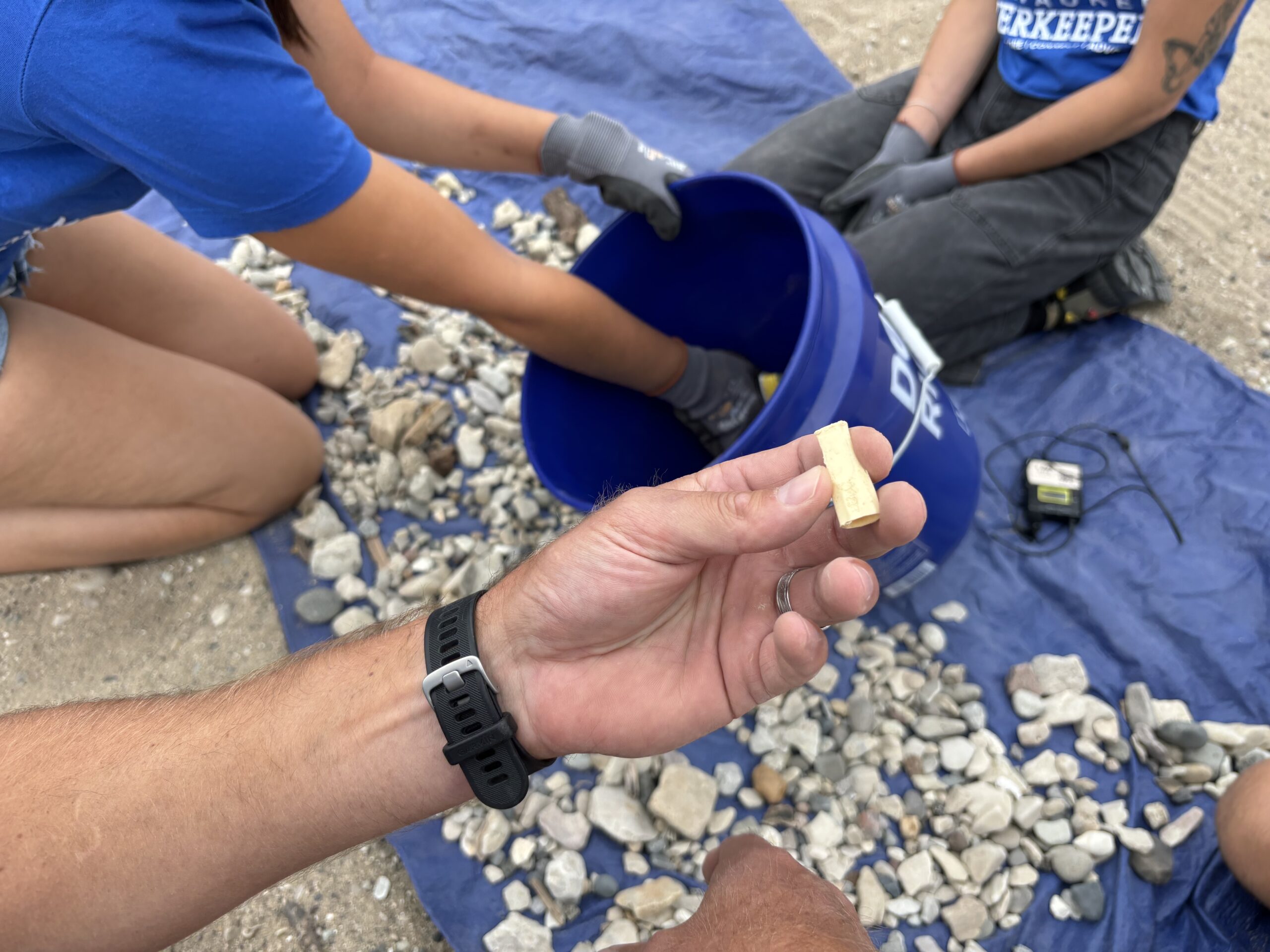
The robots will help Milwaukee Riverkeeper work with other partners, including Milwaukee County Parks, to maximize clean-up efforts.
Every spring Milwaukee Riverkeeper organizes a waterway clean up where 5,000 people remove about 100,000 pounds of trash, most of which is single use plastics.
“It gets bigger every year, which is depressing,” Bolger Breceda said.
Her goal is to have beaches and waterways be so clean that the annual clean-up becomes unnecessary. She said the robots are meant to spread awareness so people will be conscious consumers and litter less.
Mark Fisher, CEO of the Council of the Great Lakes Region, said 80 percent of litter found on Great Lakes beaches is plastics.
“Stopping (plastic pollution) involves really trying to shift from a linear economy where we take things out of the environment, we make things and we throw them away, to a more circular one, where we put more value on the resources we use and making sure that they’re getting recycled and reused time and time again,” Fisher said.
Wisconsin Public Radio, © Copyright 2025, Board of Regents of the University of Wisconsin System and Wisconsin Educational Communications Board.

